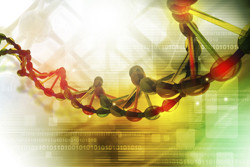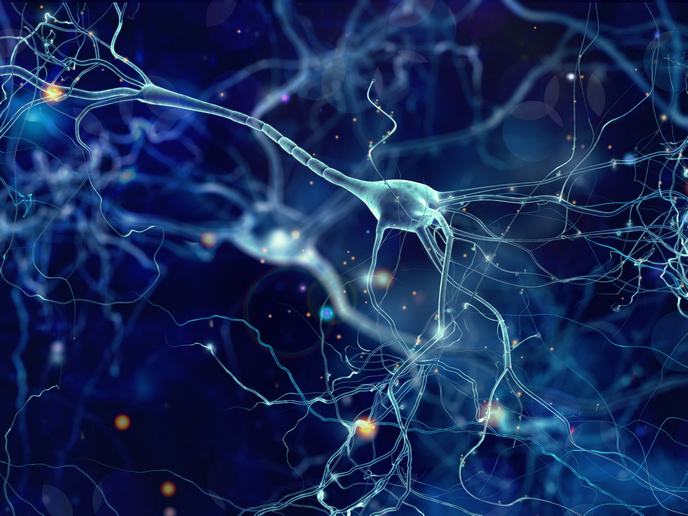Resources for teaching synthetic biology
Synthetic biology refers to a set of fields involving the genetic design of new organisms according to desired characteristics. Teaching of the subject in university courses may benefit from a set of new materials. The EU-funded UNIGEMS(opens in new window) project undertook to develop such materials, comprising novel or improved DNA sequences and protocols for their use in undergraduate courses. The project's second goal was to support researcher career development, via the Seventh Framework Programme's (FP7) Marie Curie Action fellowships. Team members selected the sequences and protocols for use in the specified courses, demonstrating the key approaches of the subject. Three teaching resources were developed, illustrating microbiological laboratory practice, DNA assembly methods and regulation of gene activity. The resources were designed for students with limited subject knowledge, though the availability of appropriate equipment and qualified teachers was assumed. Testing of the genetic components took place during three undergraduate workshops designed by the project. The researchers also developed a simplified protocol for bacterial transformation, which was incorporated into an experimental kit available from the National Centre for Biotechnology Education (NCBE) at the University of Reading, United Kingdom. The protocol was demonstrated in workshops hosting diverse audiences. The project made DNA sequences available via its website, and have also deposited them in plasmid repositories. Running for two years to April 2014, UNIGEMS benefited the teaching of synthetic biology at the University of Reading. Furthermore, project researchers gained experience in product development.







